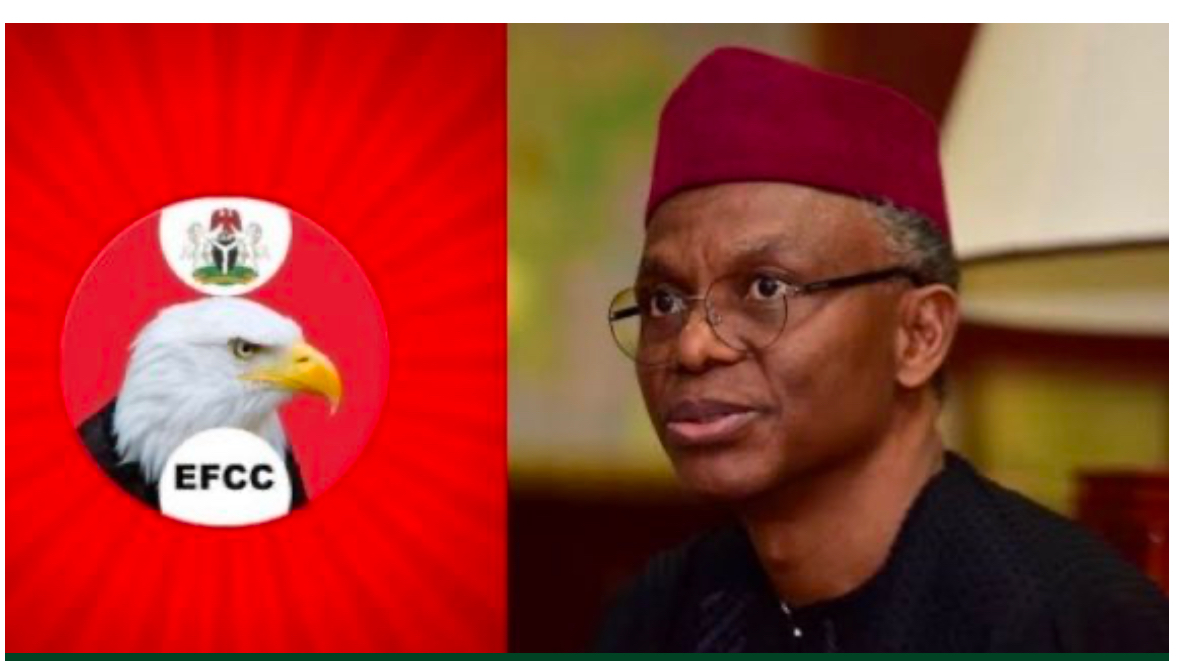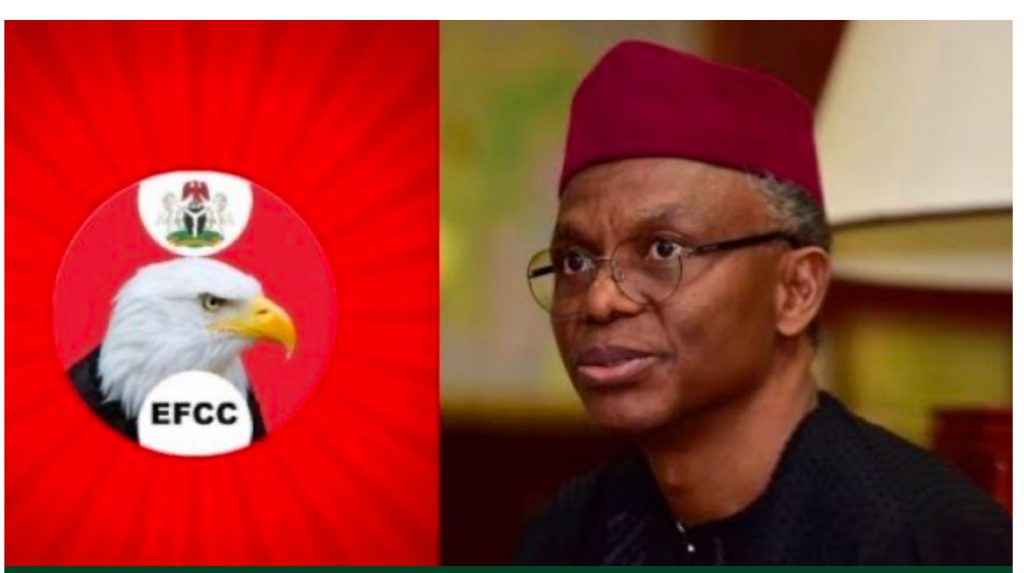Investigations by The Nation revealed that in line with the terms of bilateral air services agreement, Nigeria signed with other countries, foreign carriers are not supposed to be affected by such development.
This is coming as aviation unions said on Monday that domestic operators and other business organizations in the industry would be affected by the action.
The union said its affiliate members of labour centres have been communicated to comply with the directives.
Speaking with our correspondent on phone, Comrade Illitrus Ahmadu, President of Air Transport Services Senior Staff Association of Nigeria (ATSSSAN) said aviation unions would obey the directive of the labour centres and shut down the airspace.
He, however, said industry unions were not unmindful of existing Bilateral Air Services Agreement (BASA) arrangements Nigeria had with foreign countries whose airlines operate into the country, stressing that the issue at hand was a domestic one, which should not be allowed to affect international airlines.
He said during the fuel pump price hike of January 2012, the unions allowed international airline operators to reschedule their flights from 6am to 6pm,
Ahmadu unions allowed international carriers to operate into the country in the past because some Nigerians caught in the web travelled into the country for holidays and needed to return to their respective countries to resume work, even as some were equally travelling for scheduled medical appointment.
He said: “The fact is that we are affiliated to labour centres and we are under obligation to comply with directives. So, from the strike notice issued so far, we are to shut down by mid-night of today. However, as we speak, the tripartite discussions have resumed; they are in a meeting and our hope is that something good will come out of the meeting so that we will no longer embark on the strike.
“You know, we are in a very volatile industry. This is our own national problem; we have several bilateral agreements with most foreign nations that their airlines fly into Nigeria. It is our domestic problem. We should not allow it to adversely affect the fortunes of the international operators. We have offered a corridor where we will accommodate them. The major shut down we have had in this industry so far was during the price hike of former President Goodluck Jonathan.
“You will recall then that in line with our respect for international obligations, we allowed a dispensation wherein the foreign airlines were advised to reschedule their schedules so that they can fly in within 6pm and 6am the following day. We are looking at that.
“We hope the discussions will go on well so that we will not have to go with the plan. We empathize with the industry; however, they must see where we stand that we are under obligations to comply with the directives of trade centres. We are monitoring, waiting and as soon as information comes, we will issue appropriate notices if there is a change of direction as regards area of notice.
“We should be able to reconcile our problem without adversely affecting the international carriers that we have BASAs with. We wish we could extend the same dispensation to the local industry, however, we have sat down in the past and we have argued this out.”


















